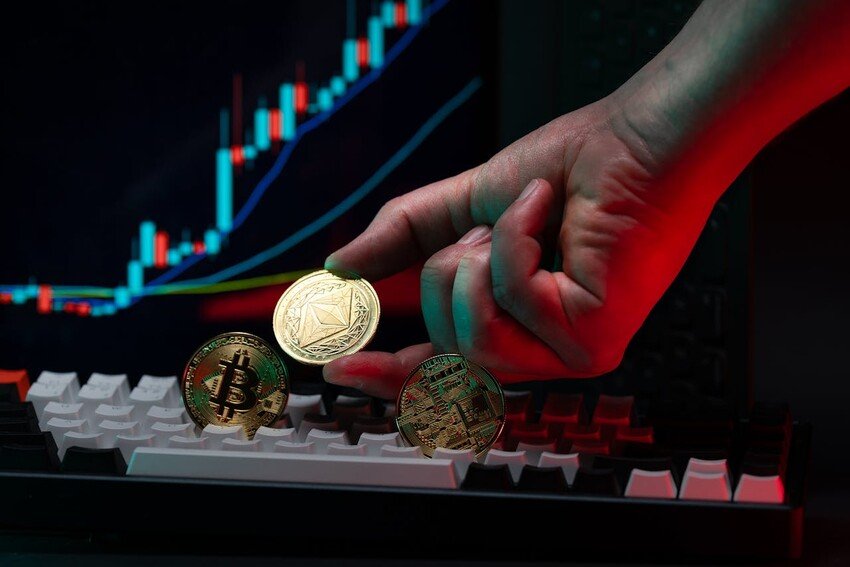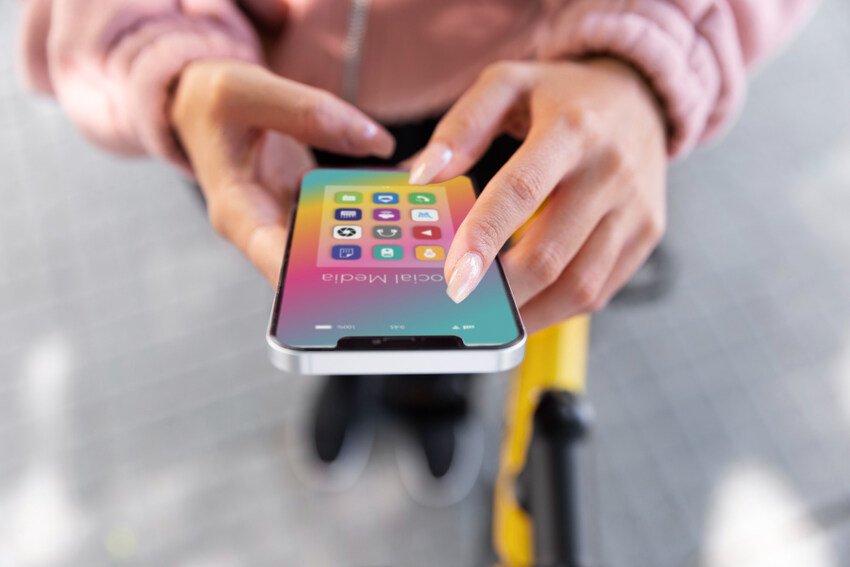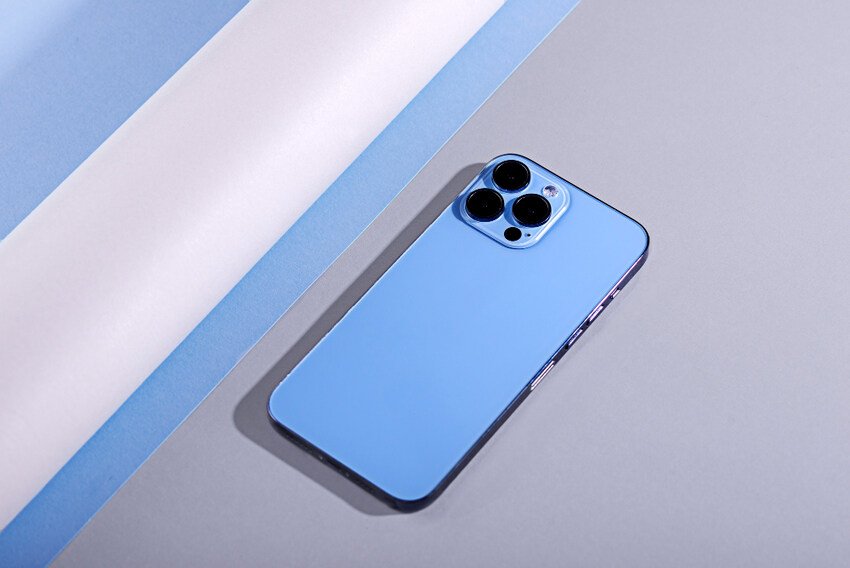Collectively known as extended reality (XR), both virtual reality (VR) and augmented reality (AR) have seen big changes over the past few years with growing accessibility and potential for applications – the most widely known uses have certainly been within big releases such as the hit game of Pokémon GO in the summer of 2016 that utilized AR to get a huge number of people outside, as well as the expansion of VR within gaming in many different gaming spaces even those with a competitive side as you can find some at esportsbetting.site for example – but it has been increasingly common that XR is moving away from this gaming background and more into industrial applications, but where are the biggest opportunities being seen?
Educational applications in AR and VR – There has always been the argument within education on how to best deliver learning materials to users given there are such huge differences in the way people learn, from those who benefit visually to those who benefit verbally – fortunately, big changes in XR provide new opportunities to each category and may enhance learning experiences in a big way. Some features of the likes of AR have already been used in museums to display what a set of ruins or artifacts would have looked like, or the use of VR to give virtual tours of spaces like the Louvre – particularly over the past year with a big shift to remote learning and remote education too, there may be big pushes to expand this space.
XR in healthcare – It has been suggested too that the possibilities for the use of XR in healthcare settings is endless too, and many examples do support this – whether it be within the use of AR to help guide non-healthcare professionals on how to correctly use difficult equipment like defibrillators, all the way through to being used as training tools for surgeons and doctors with more detail than currently available. VR has also already been widely used in therapy settings to help cure phobias and anxiety disorders and will continue to be a tool used – it’s something that’s still a new and developing space, but certainly very interesting to keep an eye on how things are moving forward.
Changes in tech will make this more apparent too – the release of the Oculus Quest last year which took away all of the wirings that made some VR headsets problematic is a huge step forward, and the close introduction of 5G and super-fast networking will only enable more possibilities too – whilst some hype certainly died off a little in some markets as it did appear as if efforts were being made to move away from a sole focus on gaming, it has enabled many other spaces to become much more excited at the possibilities XR could bring, and will certainly be a space with growing attention as these same possibilities continue to be much more accessible.
Read Dive is a leading technology blog focusing on different domains like Blockchain, AI, Chatbot, Fintech, Health Tech, Software Development and Testing. For guest blogging, please feel free to contact at readdive@gmail.com.





